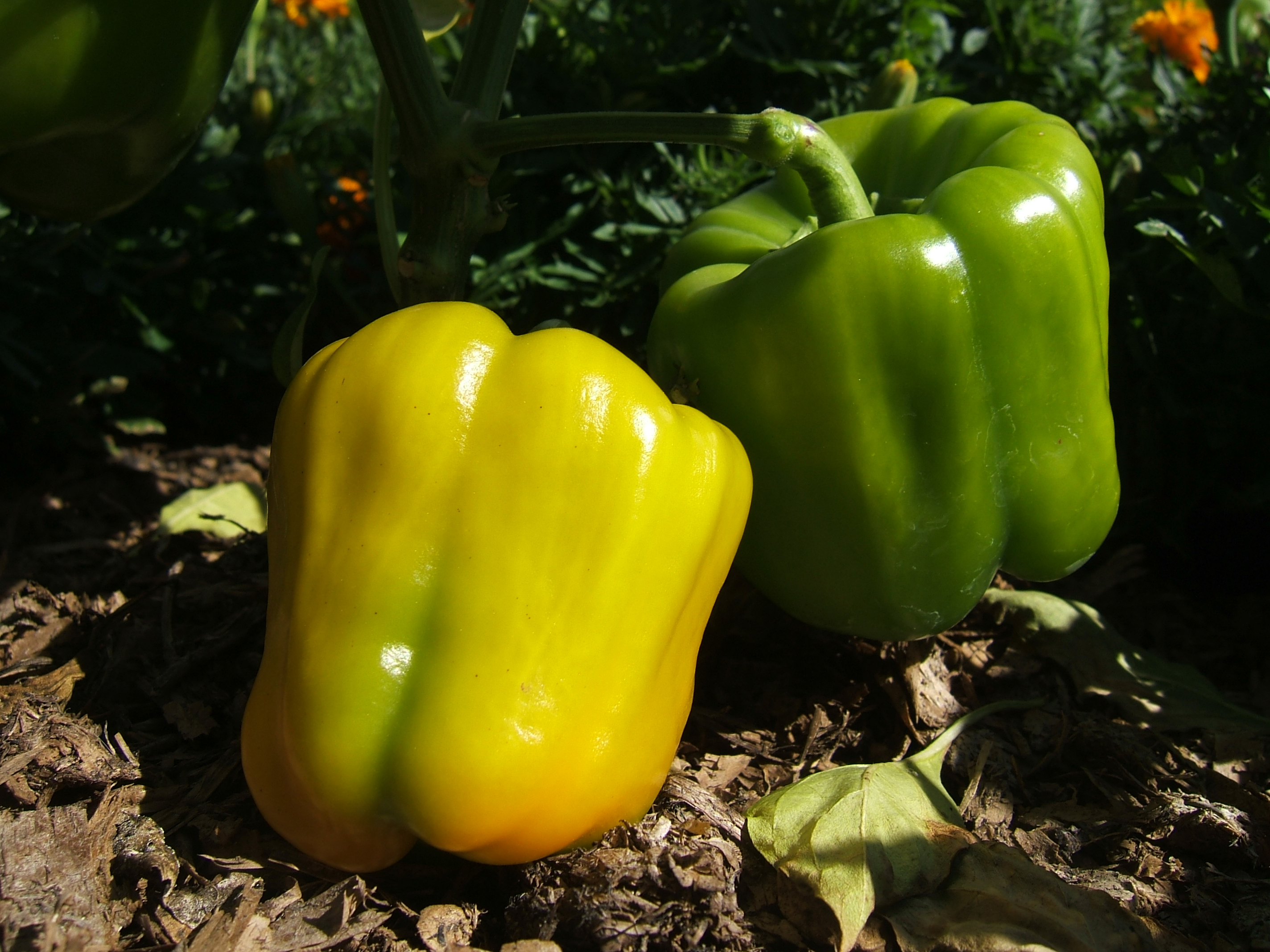Best Fertilizers for Peppers: Accomplish Superior Results in Your Yard
Best Fertilizers for Peppers: Accomplish Superior Results in Your Yard
Blog Article
Organic Vs. Synthetic Fertilizers: Which Is Best for Supporting Healthy Pepper Plants?
In the world of supporting healthy pepper plants, the choice between synthetic and natural fertilizers stands as a pivotal choice with far-reaching effects. While both alternatives aim to give vital nutrients to sustain plant growth, the nuances of their effect on the dirt, plant health, and the setting spark an argument that echoes throughout the horticulture area. Comprehending the unique advantages and potential risks of each plant food kind is crucial for pepper cultivators seeking to optimize their yields while maintaining an eco-conscious and sustainable strategy.
Advantages of Organic Fertilizers
Organic fertilizers supply a sustainable and environmentally-friendly technique to beneficial pepper plants, giving crucial nutrients without using synthetic chemicals. These natural plant foods are stemmed from organic resources such as compost, manure, bone meal, and seaweed, advertising dirt wellness and biodiversity. Unlike synthetic plant foods, natural options release nutrients slowly, ensuring a well balanced and constant supply for pepper plants to grow.
One considerable advantage of natural fertilizers is their capacity to improve soil framework and water retention. By enhancing soil wellness, natural fertilizers promote useful microbial activity, which aids in nutrient uptake by pepper plants. Additionally, organic fertilizers decrease the risk of chemical run-off, safeguarding water resources from contamination and protecting the environment.
Furthermore, organic fertilizers add to lasting dirt fertility by promoting the development of helpful dirt microorganisms. These organisms help break down natural matter, launching nutrients in a kind that is easily accessible to pepper plants. best fertilizers for peppers. By promoting a healthy and balanced soil ecological community, organic fertilizers support lasting pepper cultivation practices that benefit both plants and the atmosphere
Disadvantages of Artificial Fertilizers
Artificial plant foods, in comparison to their organic equivalents, position different downsides when made use of to nurture pepper plants, impacting both plant health and wellness and ecological sustainability. One major downside of artificial plant foods is their propensity to leach nutrients from the dirt promptly.
Furthermore, the overuse of artificial fertilizers can add to water air pollution. Excess plant foods not taken in by plants can clean away right into water bodies, bring about eutrophication, where algae blooms deplete oxygen levels in the water, hurting aquatic life. Furthermore, artificial fertilizers are usually originated from non-renewable sources, such as nonrenewable fuel sources, adding to carbon exhausts and ecological deterioration throughout their manufacturing.
Nutrient Absorption Comparison
When comparing synthetic and organic plant foods in terms of nutrient absorption, organic plant foods have the advantage of giving an extra well balanced and slow-release resource of nutrients. Organic plant foods contain a selection of macro and trace elements that are not just valuable for the plants however likewise promote healthy soil microbial activity, which assists in nutrient uptake.
Furthermore, natural fertilizers enhance soil structure and water retention ability, enabling pepper plants to gain access to nutrients a lot more successfully. This improved soil quality helps with origin development, enabling much better nutrient absorption. Synthetic fertilizers, although at first increasing plant development because of their high nutrient focus, may impede lasting nutrient absorption by derogatory dirt wellness gradually.
Ecological Effect Considerations

On the other hand, synthetic plant foods, although often more focused and promptly available to plants, can have destructive impacts on the atmosphere otherwise used appropriately (best fertilizers for peppers). Their manufacturing calls for high power inputs, resulting in greenhouse gas exhausts and contributing to climate change. The drainage of excess artificial plant foods can contaminate water resources, leading to eutrophication and hurting water ecological communities.
Finest Plant Food Practices for Peppers
To accomplish this, it is crucial to follow finest fertilizer techniques customized to the specific requirements of pepper plants. One essential practice is to execute a soil test before applying any kind of fertilizers.
One more vital technique is to feed pepper plants at blog here the correct time. Usually, peppers profit from obtaining plant food at growing and after that once again when they begin to flower. Over-fertilizing can result in vitamins and mineral inequalities and hurt the plants, so it is vital to follow recommended application rates.
Furthermore, picking a well balanced plant food with an NPK ratio that matches pepper plants' requirements is basic. Inevitably, integrating artificial and organic plant foods sensibly can assist support healthy pepper plants while lessening ecological influence.
Final Thought

Organic plant foods offer a sustainable and environmentally-friendly technique to nourishing pepper plants, offering important nutrients without the usage of artificial chemicals. Unlike synthetic fertilizers, natural alternatives launch nutrients gradually, guaranteeing a constant Website and well balanced supply for pepper plants to flourish.
Synthetic fertilizers, in comparison to their organic equivalents, position various disadvantages when utilized to nurture pepper plants, impacting both plant health and ecological sustainability. When comparing natural and synthetic plant foods in terms of nutrient absorption, natural fertilizers have the advantage of offering a more balanced and slow-release source of nutrients.Furthermore, organic plant foods enhance soil structure and water retention capacity, enabling pepper plants to gain access to nutrients much more effectively.
Report this page